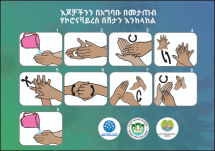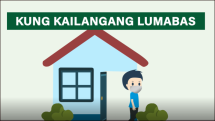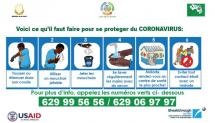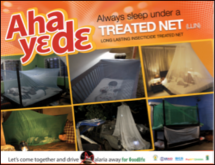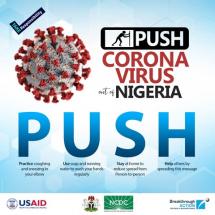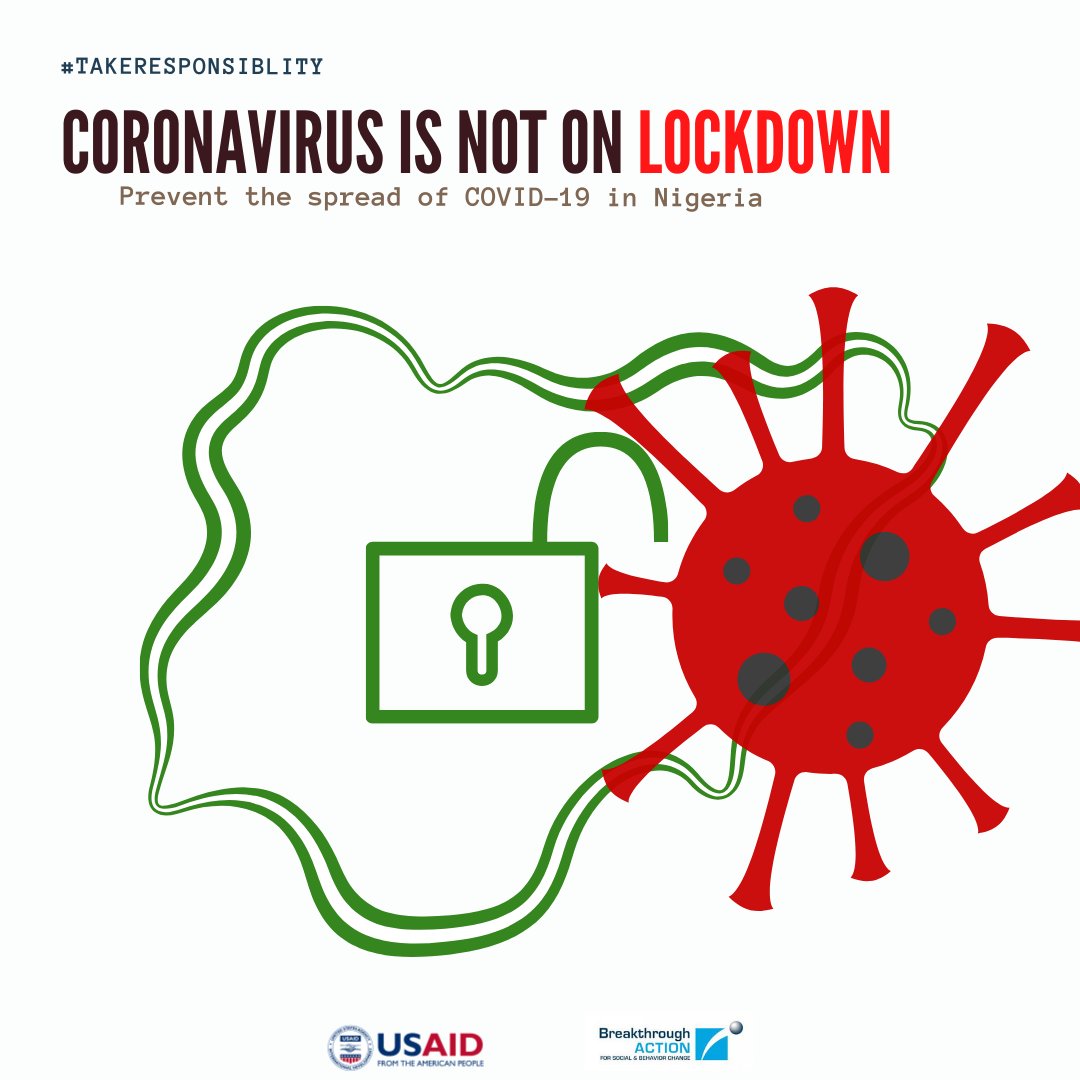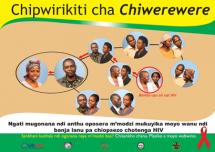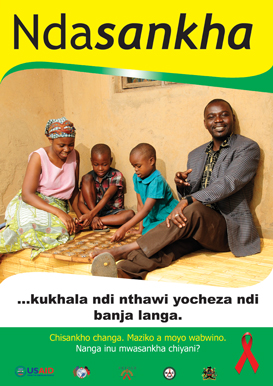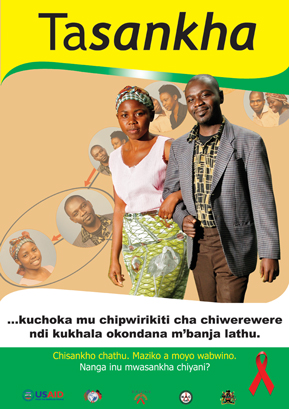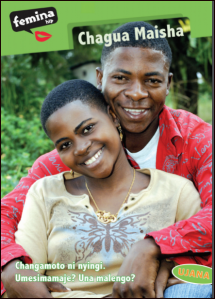Breakthrough ACTION COVID-19 Ethiopia
Due to the outbreak of the novel coronavirus (COVID-19) in December 2019, the World Health Organization (WHO) had prioritized Ethiopia, among 13 African countries, as the most vulnerable countries for importation of COVID-19. A recent Lancet publication reiterated this by describing Ethiopia as a highly vulnerable country with substantially larger population potential exposed yet with moderate capacity to contain the spread of the infection.
Risk Communication and Community Engagement (RCCE) is an essential component of health emergency readiness and response activities. The Ethiopia Public Health Institute (EPHI) has been proactively working on emergency readiness and response activities on COVID-19 since late January 2020. The Emergency Operation Center (EOC), housed in EPHI and usually activated during public health emergencies in the country, started its work by establishing a technical working group (TWG) on RCCE comprised of different stakeholders and health development partners.
Breakthrough ACTION Ethiopia is working closely with EPHI on COVID-19. To date, efforts have included technical assistance, training, tool development, and risk communication materials design, and logistical support to EPHI. The scope also includes focused support to the RCCE TWG, coordination on preparedness and response activities among several implementing partners, and training for Ethiopian Airlines flight and ground crew, as well as urban health extension workers and religious leaders.
Source: Breakthrough ACTION/Johns Hopkins Center for Communication Programs
Date of Publication: June 14, 2020
SIMILIAR RESOURCES
Tools
Examples
- Community Communication MNCH e-Manual: Participatory Health Promotion Sessions
- Nigeria Centre for Disease Control COVID-19 Resource Center
- COVID-19 Guide for Community Health Workers
- Coronavirus Disease Overview
- Advocating for Social and Behavior Change in Family Planning Programs: A Message Framework
- Communication sur le COVID-19
- Creating Mobile Health Solutions for Behaviour Change: A Study of Eight Services in the mNutrition Initiative Portfolio
- How Should Community Health Workers in Fragile Contexts be Supported: Qualitative Evidence from Sierra Leone, Liberia and Democratic Republic of Congo
- Prevent, Detect, Respond: How Community Health Workers can Help in the Fight against COVID-19
- Tackling COVID-19 Fear and Stigma

